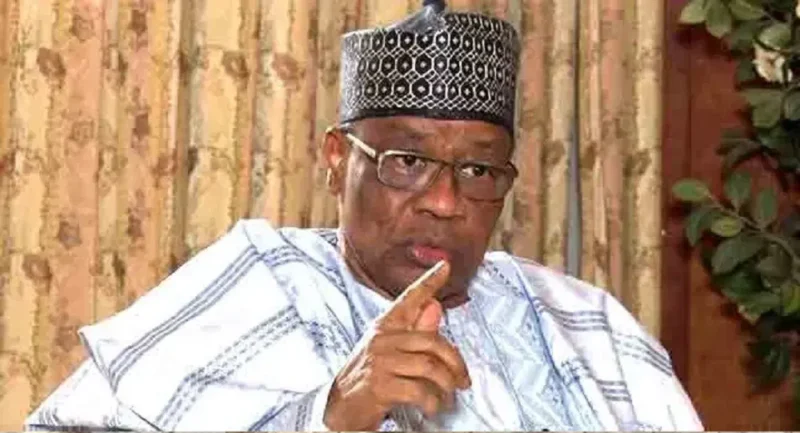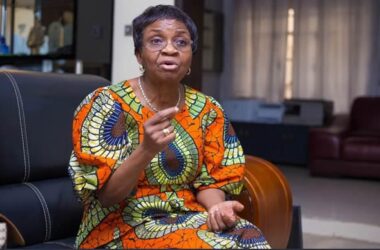Former military head of state General Ibrahim Babangida has shed light on a crucial promise made by General Yakubu Gowon that was never fulfilled, which contributed to the outbreak of the Nigerian Civil War.
Babangida, in his newly released book Journey in Service, noted that Gowon had assured the Igbos that their safety in northern Nigeria was guaranteed. However, this promise was not kept, leading to the tragic events of 1966.
The crisis started following the July 1966 coup, which brought Lt-Col Yakubu Gowon to power as the head of state.
Babangida explained that this decision created tensions between Gowon and Lt-Col Emeka Odumegwu-Ojukwu, the governor of Eastern Nigeria at the time.
Ojukwu opposed Gowon’s leadership, arguing that in the absence of Major General Aguiyi-Ironsi, the most senior officer, Brigadier Babafemi Ogundipe, should have taken over as head of state.
As tensions grew, Gowon took steps to restore stability in the country. Babangida noted that one of these measures included assembling regional leaders to discuss the way forward.
Additionally, Gowon ordered the release of Chief Obafemi Awolowo from Calabar prison, which helped him secure the support of the Yoruba people.
“Unfortunately, Gowon’s commitments to the Igbos— that their lives were safe in northern Nigeria— were unfulfilled,” he said.
“Almost simultaneously with the deliberations of the Leaders of Thought taking place in Lagos, perhaps the most horrific killings of Igbos occurred in different parts of northern Nigeria on September 29, 1966.
“The killings were frightening. A deluge of refugees swamped eastern Nigeria from practically all parts of Nigeria. Faced with this intolerable situation, Ojukwu, understandably, barred the eastern Nigerian delegation from further attending Gowon’s Peace and Reconciliation Talks in Lagos, insisting that the lives of Igbos outside eastern Nigeria were unsafe.
“The country was locked in a national stalemate until Lt-General Joseph Arthur Ankrah, who had become Ghana’s Head of State after the overthrow of Kwame Nkrumah, stepped in by suggesting a neutral and safe venue for an actual reconciliation conference between Ojukwu and the Federal Government.
“That intervention, seen as the last chance to prevent an all-out war, led to the famous Peace Conference in the southern regional town of Ghana, Aburi, between January 4 and 5, 1967.
“That conference between the eastern Nigerian delegation, led by Lt-Col. Ojukwu, and the federal delegation, led by Lt-Col. Gowon, resulted in the famous Aburi Accord.
“In the absence of fully published records from the federal government regarding what transpired at the Aburi meetings, the details of what happened have remained speculative.
“While the published accounts of the eastern Nigerian delegation insisted that an agreement for a loose Nigerian federation was agreed to, the federal government claimed that the agreement reached was understood and seen within the framework of a united Nigerian state. The one area of agreement on both sides was that force was not to be used to settle the Nigerian crisis.
“In response to the Aburi Accord, the federal government promulgated Decree 8, which was meant to embody the Accord as understood by the federal government.
“At a meeting of the Supreme Military Council in Benin on March 10, 1967, where Decree 8 was to be ratified by the Military Governors, Ojukwu boycotted the talks, claiming that the Decree violated the spirit and meaning of the Aburi Accord.
“These differences in interpretation were the final trigger for the outbreak of the Nigerian Civil War,” he stated.









